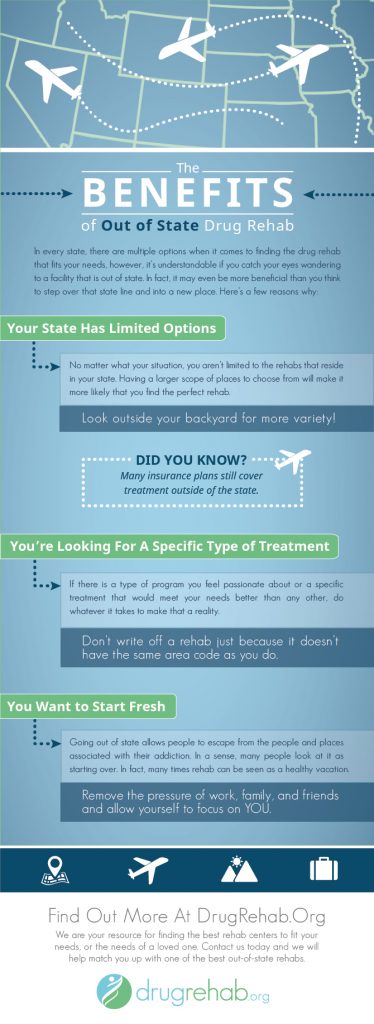Why Aftercare In Drug Rehabilitation Is Critical For Long-Term Recuperation. Find Out Just How Support Systems Can Help You Stay Sober And Develop A Meeting Life
Why Aftercare In Drug Rehabilitation Is Critical For Long-Term Recuperation. Find Out Just How Support Systems Can Help You Stay Sober And Develop A Meeting Life
Blog Article
Writer-Jokumsen Finch
You can't do it alone. Recuperation from drug dependency calls for a solid support group.
The value of aftercare in drug rehabilitation can not be overemphasized. In this post, we will certainly check out the role of counseling, the benefits of therapy, and the foundation provided by peer support groups in maintaining soberness.
So, get a mug of coffee, unwind, and allow us lead you with the critical actions of post-rehabilitation assistance.
The Function of Counseling in Aftercare
If you intend to preserve your soberness after leaving rehabilitation, it's vital that you continue participating in therapy sessions as part of your aftercare plan.
Therapy plays a vital function in your recovery journey by giving continuous assistance, assistance, and a secure room to share your feelings and concerns.
Through therapy, you can address any underlying problems that may have added to your addiction, create coping strategies, and learn healthier means to handle stress and yearnings.
It enables you to work through any type of unsolved emotions and create a much better understanding of on your own and your triggers.
The Benefits of Treatment in Keeping Soberness
To preserve your soberness, treatment can give various benefits.
- Muse What The Bible Says About Drug Addiction 90605 offers a safe space for you to explore and deal with the underlying concerns that might have added to your addiction.
- It enables you to work through your emotions and develop healthier ways of dealing with stress and activates.
- With therapy, you can get a much better understanding of yourself and your patterns of actions, which can help you make favorable changes in your life.
- Furthermore, therapy offers you with a support system of professionals who are trained to guide and assist you on your trip to recovery.
- They can provide beneficial understandings, tools, and techniques to aid you navigate the difficulties that may emerge.
- In therapy, you can discover to develop healthy and balanced coping skills, construct strength, and boost your overall well-being.
Peer Support System: A Structure for Lasting Healing
You can find long-term recovery by actively joining peer support system and connecting with others that share comparable experiences and objectives.
Peer support groups supply a secure and non-judgmental area where people in recovery can integrate to share their battles, successes, and understandings. By actively participating in these teams, you can obtain the support and encouragement you require to remain on the course of healing.
Getting in touch with others who have actually experienced comparable experiences can be unbelievably equipping, as it helps you realize that you aren't alone in your trip. It also allows you to pick up from others that have actually effectively overcome comparable difficulties. With each other, you can commemorate milestones, hold each other answerable, and deal guidance and advice.
Through these links, you can develop a strong support system that will help you navigate the ups and downs of healing and eventually discover long-term recovery and transformation.
https://blogfreely.net/kirsten912elke/experience-the-transformative-benefits-of-specialized-drug-rehabilitation have actually learned about the vital duty of aftercare in drug rehabilitation. Counseling, treatment, and peer support groups contribute to lasting healing. Below's an astonishing figure to realize the size of the issue: researches show that individuals who receive aftercare therapy are 50% more probable to keep soberness contrasted to those who do not.
So, picture the transformative power of these support systems in assisting individuals recover their lives and develop a brighter, drug-free future.
